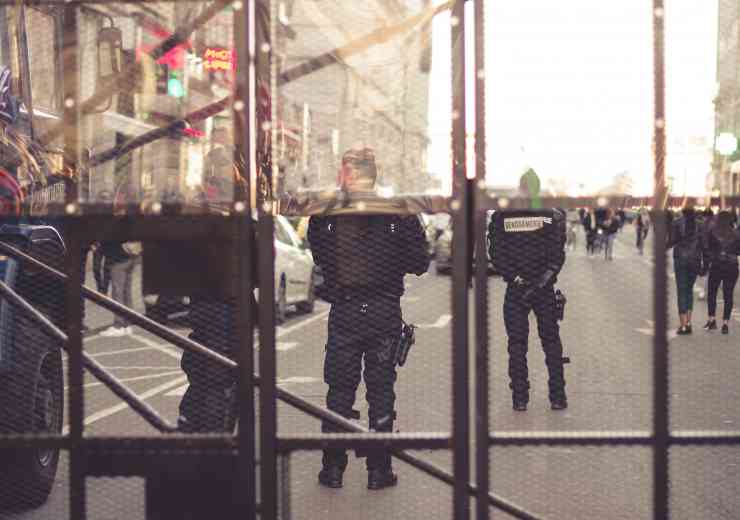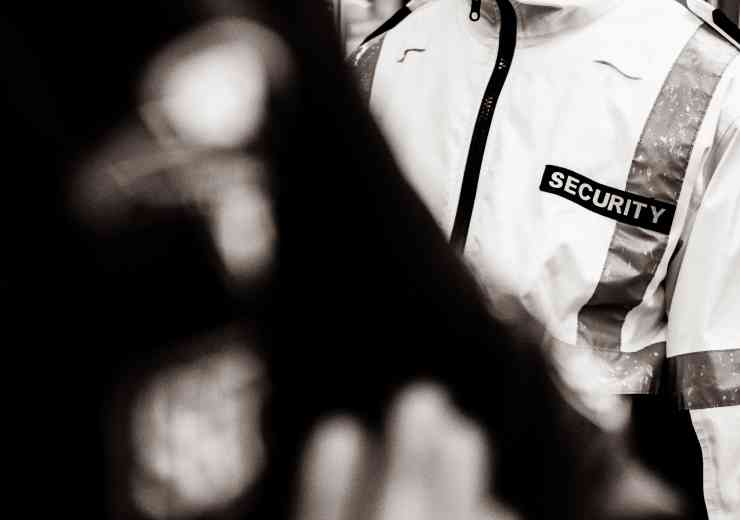
International Security Expo: Protecting crowded places
Ahead of the International Security Expo, Counter Terror Business talks to Nigel Cook, head of security at Royal Historic Palaces, about the relationship between safety and visitor experience and designing effective mitigation
You are chairing the Protecting Crowded Places & Countering Terrorism stream at this year’s International Security Expo in November. Who and what can we expect to hear about within this part of the event?
The concept of protecting crowded places and events from the threat of terrorism is complex and multi-faceted. The wide variety of venue types, ranging from public spaces to purpose-built venues, coupled with the evolving range of terrorist attack methodologies means that delivering proportionate, effective, yet unobtrusive security can be a real challenge. The conference will hear from a wide range of leading practitioners, who will be speaking on a varied range of mitigation opportunities. Whether it be recognising the opportunities afforded by environmental design, understanding the potential to recognise and interdict in hostile reconnaissance, considering how you can systematically search your premises to best effect, focusing on the critical questions of resilience, training and exercising, building an appreciation of how businesses can work together to protect themselves, or insuring business against the potential impacts of terrorism, delegates will hear from, and have the opportunity to pose questions to, subject matter experts.
International Security Expo has, once again, succeeded in pulling together an impressive line-up of speakers and I feel certain that the conference will promote healthy discussion and debate. The topics on the agenda for the day are as diverse as they are interesting, and I genuinely believe that everybody who attends will pick up at least one ‘nugget’ that they can take away with them.
The Historic Royal Palaces’ estate is quite large and your security information details how staff are trained and receive briefings from both the police and security services. Just how important is staff awareness of the possibilities of an attack and knowledge of how to react?
I don’t think that anyone would argue that effective briefing needs to be a core element in any security operation, not only for those who directly deliver security, but for every member of staff who can contribute to the security effort. Understanding the terrorist threats that face a business, and what employees can do to mitigate those threats, as well as the actions to take in the event of the threat materialising, are critical requirements. No business, particularly those that operate in the ‘crowded place’ sector, can guarantee that it will not become the target of terrorist interest, and therefore equipping its employees with the best available information and intelligence will always be a business imperative.
Like many businesses, Historic Royal Palaces (HRP) receives regular operational updates from the Metropolitan Police Service, and is strategically linked into a number of other sources. HRP has always been an active supporter of Project Griffin and has made efforts to release staff to attend briefing sessions whenever possible. However, releasing staff from the workplace for such important briefing and awareness sessions is not always easy, particularly for smaller businesses. That fact has been recognised, and the new online Action Counters Terrorism awareness initiative ensures that the valuable information contained within the seven e-learning modules can be made available to a far wider business audience.
Of course, whilst there is clear value to be derived from receiving appropriate briefings and undertaking relevant learning opportunities, the value of both will be significantly enhanced through a process of testing and exercising the business response to a range of scenarios. These can be as simple or complex as time will allow, but whatever the complexity of the testing, huge value can be derived from fully debriefing what went well, as well as what did not. Lives, as well as business continuity, can depend on the decisions taken in the first few seconds and minutes of any terrorist event, and in the panic and confusion a potential enemy can be indecision. Therefore, a modest investment of time and effort in this area can equip staff with the knowledge and confidence to be decisive in times of crisis, offering the best opportunity to save lives, and the reputation of the business.
digital issue




















